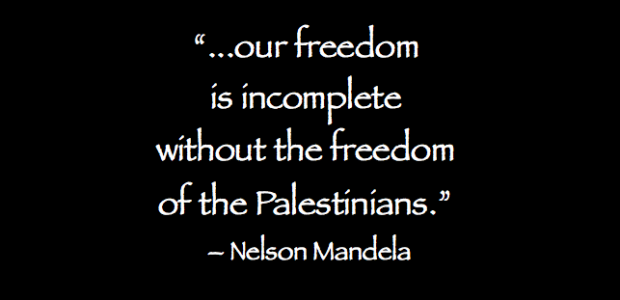With Nelson Mandela recently in the news, Matthew Fisher reminded Postmedia readers of an often forgotten aspect of Apartheid South Africa, its hated Pass Laws. Until 1986, every Black South African over the age of 16 outside their designated tribal homeland had to carry a passbook at all times. Failure to produce the passbook whenever required, or to be found in an area reserved for Whites without official permission, commonly resulted in instant imprisonment.
Since the period of early colonialism, various means of controlling Indigenous populations developed around the world — including Canada — and each has had its own local specifics. Apartheid (from the Africaans word for “apartness”) was a term first used after 1948 to describe a particular form of institutionalized racism in both South Africa and South West Africa (Namibia).
The term Apartheid now has a broader meaning. The Rome Statute of the International Criminal Court defines Apartheid as inhumane acts “committed in the context of an institutionalized regime of systematic oppression and domination by one racial group over any other group or groups and committed with the intention of maintaining that regime.” The term “racial” here is used in its broadest meaning (as per the UN Convention on the Elimination of All Forms of Racial Discrimination) to include race, colour, descent, or national or ethnic origin. Racial discrimination refers to any distinction, exclusion, restriction or preference based on one or more of these categories.
Today in Israel — one of only a few countries having no constitution — collective rights are guaranteed to Jews only. Israel’s Law of Return (1950) specifically defined Jews as a single nationality. As a result, all Jews, no matter where they are born, can become Israeli citizens, while the majority of Palestinians who inhabited the land for many generations lack this ability. The same institutions that helped form this definition, such as the Jewish National Fund and the Jewish Agency, remain the guardians of this “Jewish nationality” and control access to many elements of Israeli society, particularly those involving commerce, land, housing and public services.
All residents of Israel sixteen years of age or older must carry an identification card (Teudat Zehut) at all times, and present it upon demand to a senior police officer, head of a Municipal or Regional Authority, or a policeman or member of the Armed Forces on duty. Even stores or offices may ask for the card, and most Israelis know their card number by heart.
While only cards issued prior to 2005 now note “nationality,” it is easy for any official to instantly tell whether the bearer is Jewish because of a number of distinctive elements on the cards. Since the establishment of Palestinian National Authority, the PNA issues its residents with Palestinian ID cards that require Israeli government approval.
An ID card may seem a mundane and minor aspect of life. However, in Israel and the post-1967 occupied Palestinian territories, these cards — like passbooks in Apartheid South Africa — have been utilized to control minority populations. There are different rights and privileges for different categories of people that determine how and where they can live and work, with whom they can associate, where they can travel, whether they can live with their spouse, and so on. Permits for Palestinians to travel beyond their assigned areas are stringently controlled and largely dependent on “good” behaviour. The citizenship card also determines access to or exclusion from social benefits such as health care, education and welfare.
Many continue to insist that the situation in Israel bears no resemblance to the South African Apartheid system. Israel is certainly not identical to South Africa, but that does not mean it is not an Apartheid state. In fact, according to Adalah, the Legal Center for Arab Minority Rights in Israel, there are over 50 Israeli laws that discriminate against Palestinian citizens of Israel in all areas of life, with a dozen more in the works. Some of the laws also violate the rights of Palestinians living in the occupied territories. (Full details of the various laws can be viewed here.)
In a recent letter to the Israeli Ministry of Foreign Affairs, Ismail Coovadia, the former South African ambassador to Israel, rejected a gift from the Jewish National Fund of trees to be planted in honour of his retirement. He wrote, “I have supported the struggle against Apartheid South Africa and now I cannot be a proponent of what I have witnessed in Israel, and that is, a replication of Apartheid.”
In 2001 Nelson Mandela became one of only five individuals who have been given honourary Canadian citizenship. One can only wonder what he’d say today, knowing the affection that the Harper government seems to have for Apartheid Israel. Our Prime Minister has declared Canada to be Israel’s closest friend, while Foreign Affairs Minister John Baird, just prior to a recent visit to Israel, stated that “Our shared values are a foundation for future growth that benefits both countries…”
Shared values? Given that Canada is a country with tremendous diversity within our population, shouldn’t we all be concerned?
Joanne Naiman is professor emerita of sociology, Ryerson University, Toronto, and a member of Independent Jewish Voices (Canada). She was formerly chair of Canadians Concerned About Southern Africa and is a co-author of “Relations Between Canada and South Africa,” prepared for the United Nations Centre Against Apartheid in 1984.



